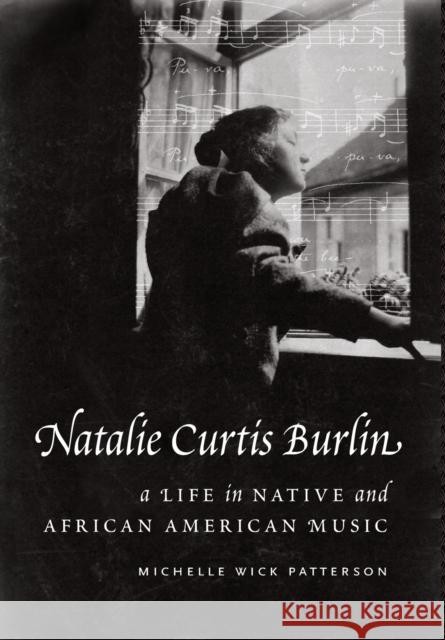Natalie Curtis Burlin: A Life in Native and African American Music » książka
Natalie Curtis Burlin: A Life in Native and African American Music
ISBN-13: 9780803237575 / Angielski / Twarda / 2010 / 430 str.
Natalie Curtis Burlin (1876 1921) was born to a wealthy New York City family and initially trained for a career as a classical concert pianist. But in 1903, she left her family and training behind to study, collect, and popularize the music of American Indians in the Southwest and African Americans at the Hampton Institute in the belief that the music of these groups could help forge a distinctive American identity in a time of dramatic social change.Michelle Wick Patterson examines the life, work, and legacy of Curtis at the turn of the century. The influence of increased industrialization, urbanization, immigration, and shaken social mores motivated Curtis to emphasize Native and African American contributions to the antimodernist discourse of this period. Additionally, Curtis s work in the field and her actions with informants reflect the impact of the changing status of women in public life, marriage, and the professions as well as new ideas regarding race and culture.Many of the people who touched Curtis s life were among the intellectual, political, and artistic leaders of their time, including Theodore Roosevelt, Charles Lummis, Franz Boas, George Foster Peabody, and others. This well-researched and richly textured portrait of Curtis illuminates the life and contributions of an important early ethnomusicologist, meticulously portraying her within the social, intellectual, and political developments of the day."











